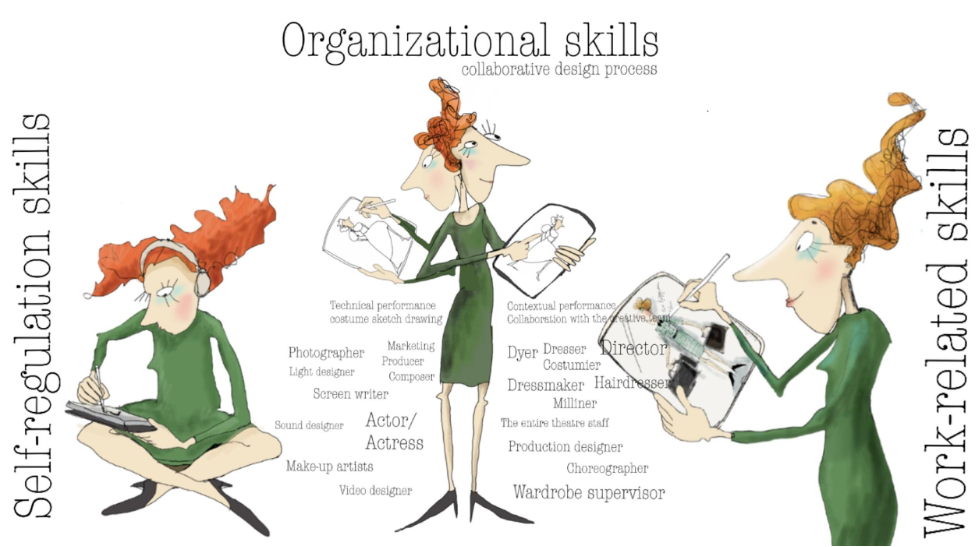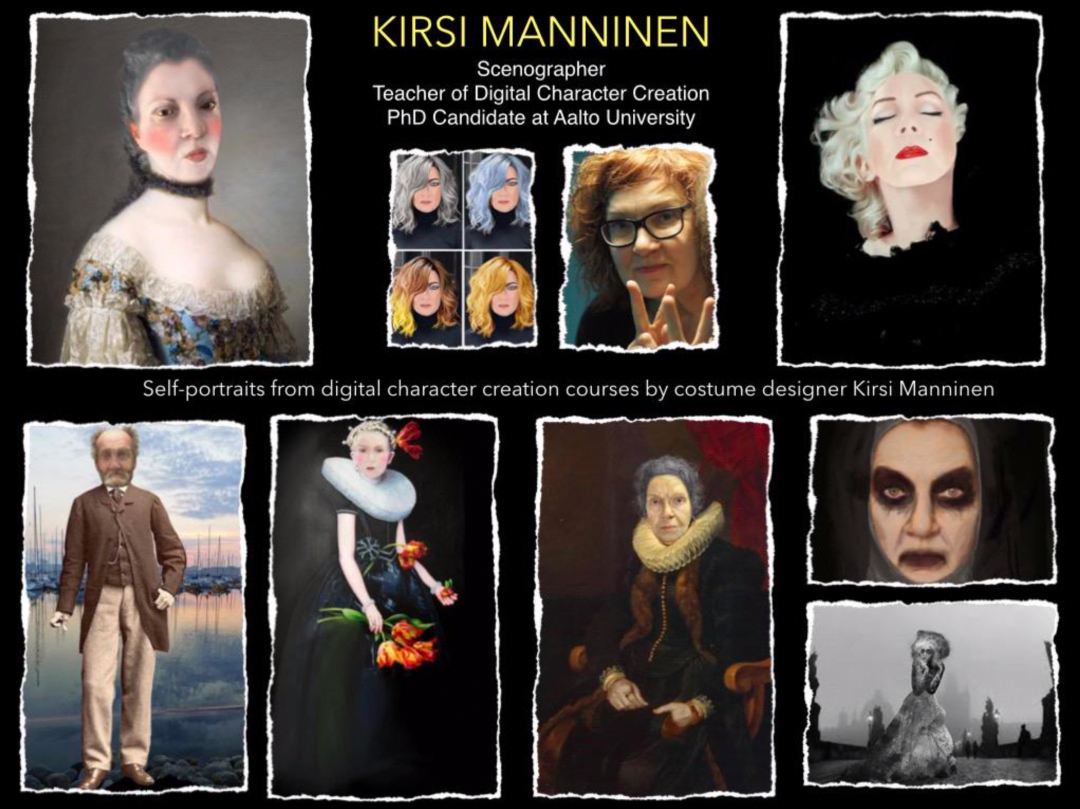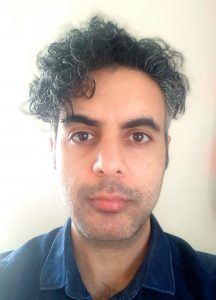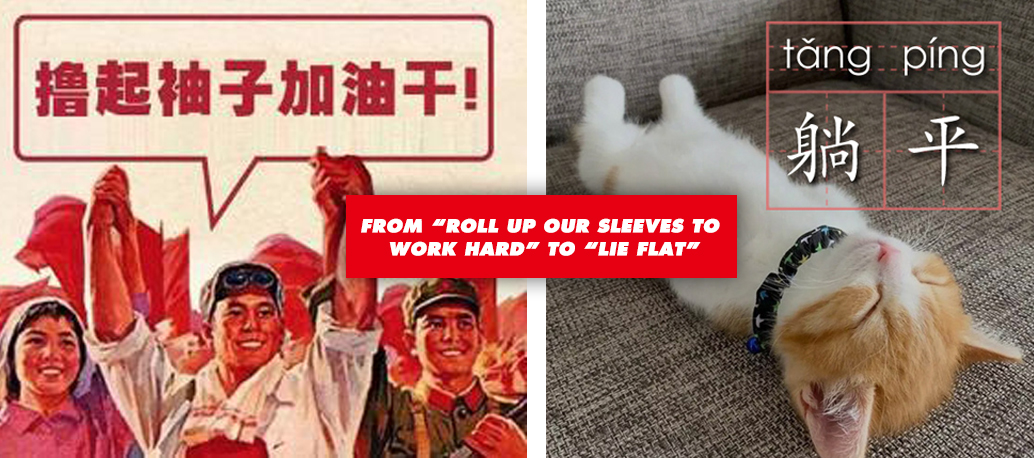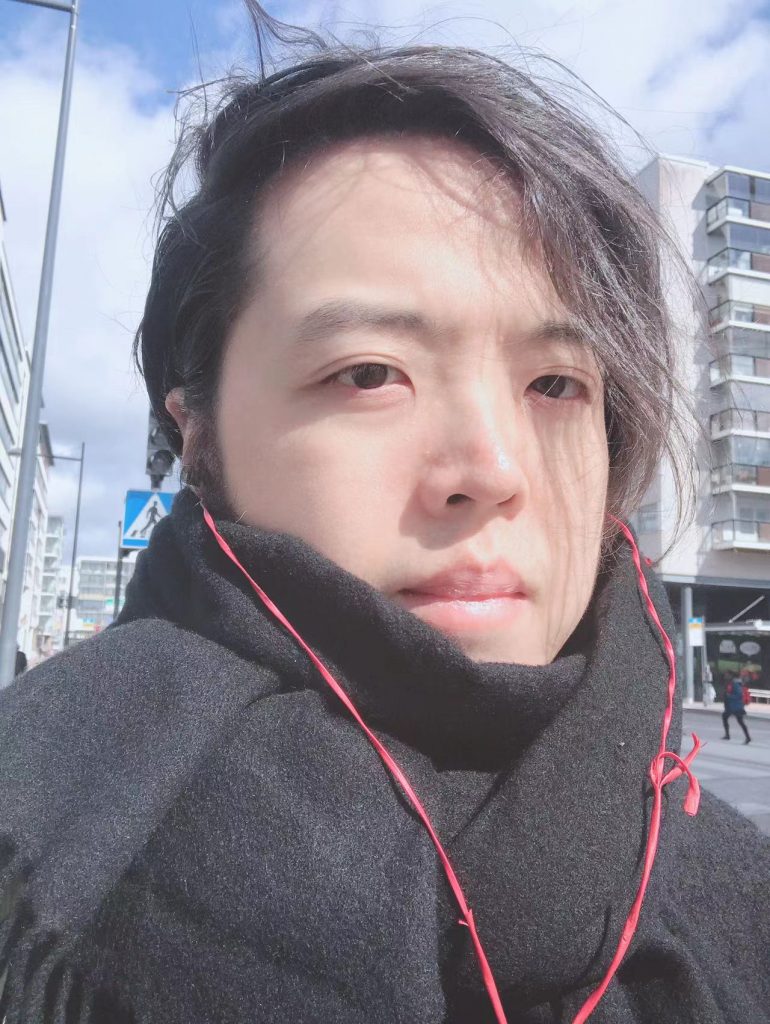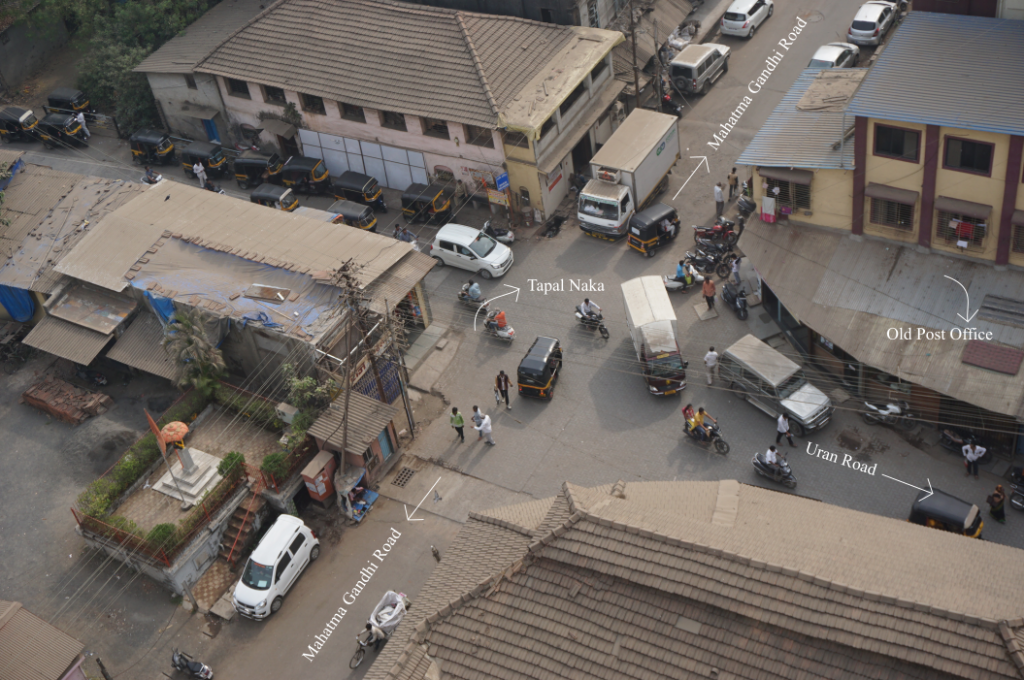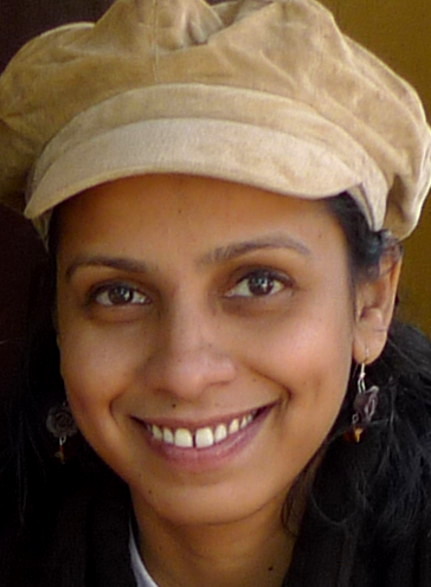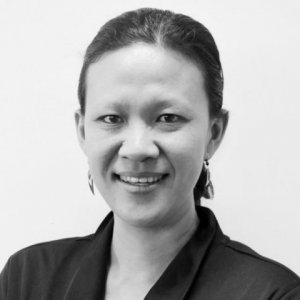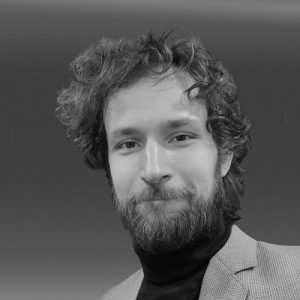WELCOME TO THE FOURTH NEW MEDIA DOCTORAL SEMINAR OF THE SPRING SEMESTER!
The seminar will take place on Zoom, Thursday 12 May, starting at 16:30 and ending at 18:30 (UTC/GMT+3, Helsinki, EEST). Mediated by Professor Lily Díaz-Kommonen, we have an interesting presentation by Kirsi Manninen about her work “Using ‘A Digital Pocket Atelier’ For Creative Teamwork — What Are the Impacts and Meaning of Digital Screen Sketching On the Professional Competence of Costume Designers?”
Zoom link: Please click here to join the seminar!
PRESENTATION
“Using ‘A Digital Pocket Atelier’ For Creative Teamwork — What Are the Impacts and Meaning of Digital Screen Sketching On the Professional Competence of Costume Designers?”
by Kirsi Manninen
ABSTRACT
Over the past decades, costume designers have begun to combine traditional hand-drawing and digital sketching techniques in a costume design procedure. In addition to computer-aided costume design and traditional hand-drawing, costume designers have recently switched to advancing more and more different tablets and mobile devices while designing costumes for the characters. This thesis builds an understanding about costume sketching and considers how the particular competency of a costume designer — digital costume sketching — affects a designer’s subjective knowledge of one’s own skills as well as their ability to perform the tasks required for the design process and collaborative teamwork. The role of sketching techniques and digital sketchbooks has so far received too little attention from a research perspective. The participants in this study were recruited from costume designers who utilized a tablet device as a portable ‘pocket atelier’ and created costume sketches on the screen of the tablet. This thesis presents ideas and theories on the effects of digital costume design methods in the field of performing arts, as sketching tools and methods play a crucial role in the visual presentation of costume sketches and communicating with them.
This practice-based research relies on ethnomethodology and is interested in the routines of sketching and the outcomes and meanings of specific design activity. In this study, the source of knowledge is based on thinking through drawing and on the interpretation of physical and digital costume sketches. The purpose of this thesis is to find answers to the research question: what are the impacts and meanings of digital costume sketching on the professional competence of costume designers?
Qualitative methods offer an effective way to use a practice as a source of data by illuminating retrospective accounts related to sketching techniques. In this thesis, I have approached and participated in my research topic openly from many perspectives. The key method in this dissertation has been that by making things progress. For this reason, I have avoided over-planning both in the conduct of research and in the preparation of written outputs. I tried to do matters one thing at a time and see how the research that has already been done leads to new subjects.
The material for this study is collected through a literature review, samples from digital character creation courses (students), the researcher’s own autoethnographic data and through semi-structured interviews. Participants in semi-structured interviews consist of eight professional costume designers between the ages of 20 and 60, drawn from the fields of theatre, film and other performing arts from across Finland. The aim of the data collection is to obtain answers to research questions. The focus of my research is to examine the nature of costume sketching methods and the significance of the research topic from the point of view of the practical working life of costume designers.
Regarding the research question, it was found that the positive feedback as well as the better management of the use of sketching tools, time and space had a positive effect on the whole costume design process. Overall, the results indicate that there was an association between digital costume sketching methods and the professional competence of the designer. Taken together, these results suggest that the digital transformation changed the costume designers’ vision of their expertise to better meet the needs of the organization they worked with.
Keywords: costume design, digital costume sketching, screen sketching, tablet device, competence
BIO
Kirsi Manninen, MA, is a Helsinki-based costume designer, teacher of digital character creation and doctoral candidate at Aalto University. The topic of her research is: Digital Transformation and Professional Competence in Costume Design. Her professional credits include designing costumes for more than one hundred productions for television, theatre, and film. She is one of the pioneers in the development of digital sketching methods for costume designers. She has taught and lectured digital character creation in several institutions in Finland and abroad: Aalto University School of Art and Design, London College of Fashion: UAL, University of Arts London, University of Lapland, Prague Quadrennial (the world’s largest exhibition of theatre architecture) and (Teme, LP) Union for the Theatre, Film and Television Designers and TV1, Finnish Public Broadcaster Yle. In 2020, she was awarded an Artist of the Year in Helsinki.

